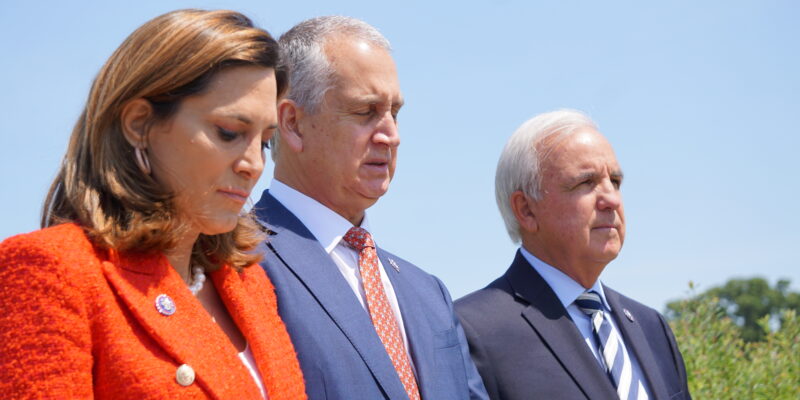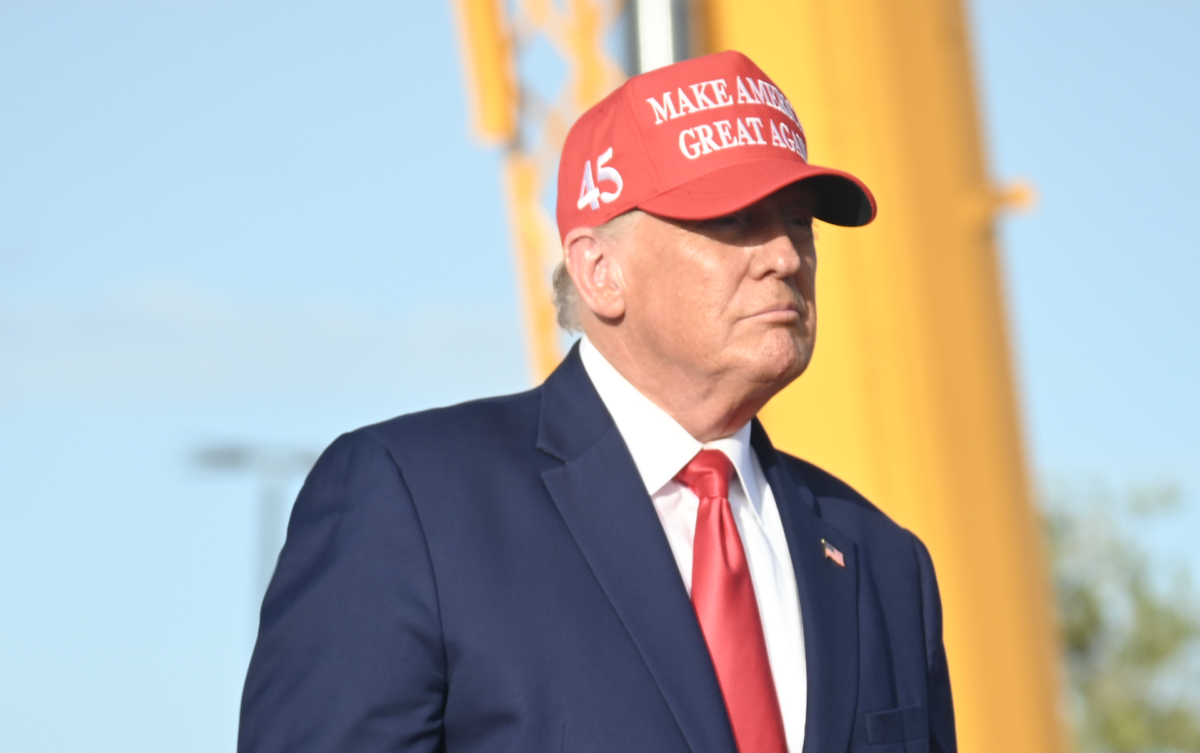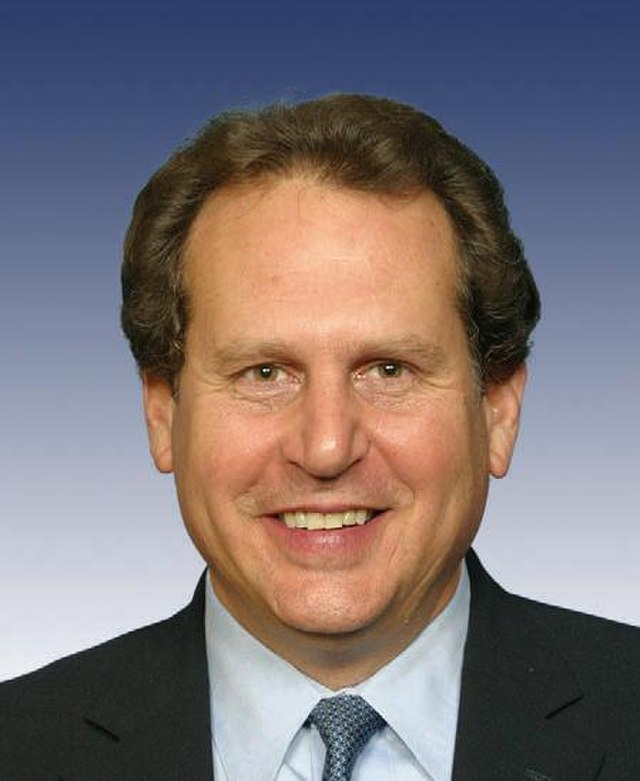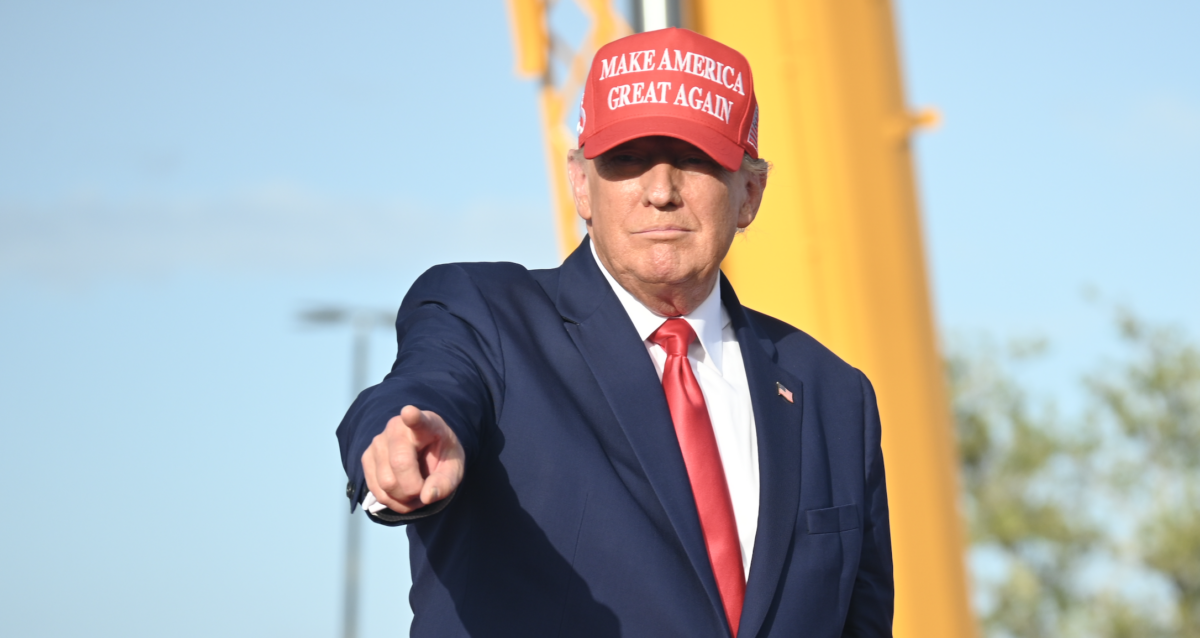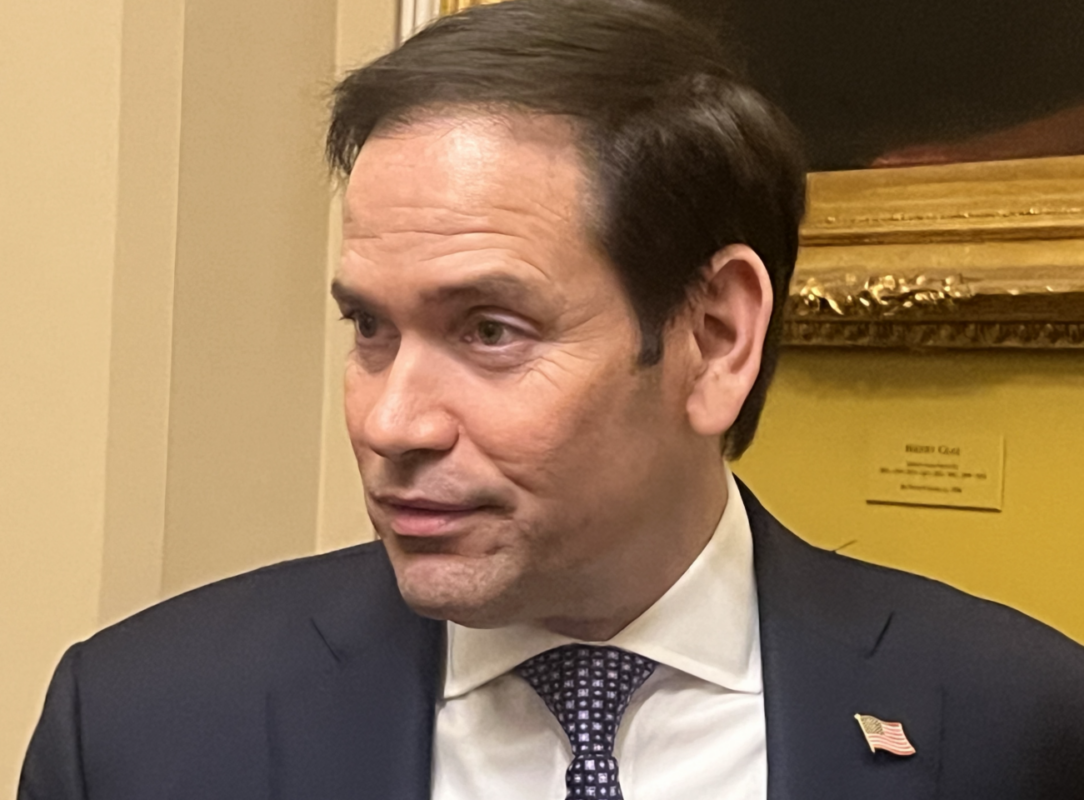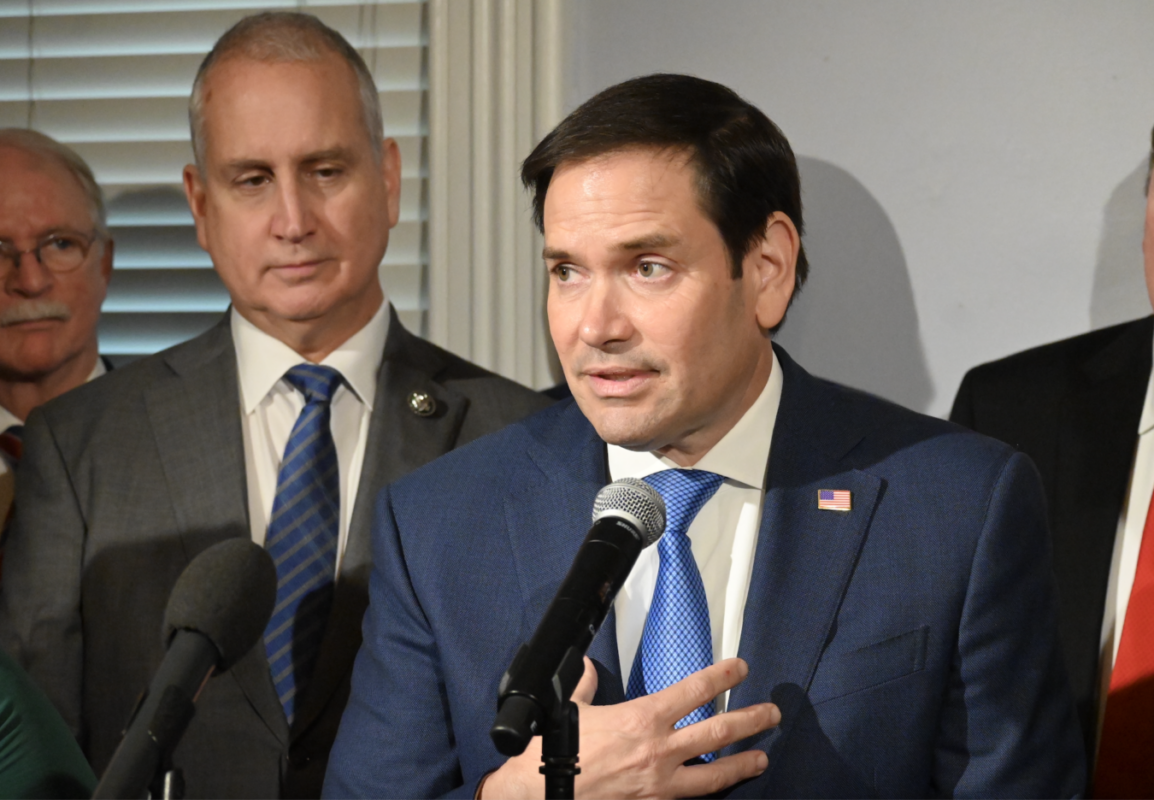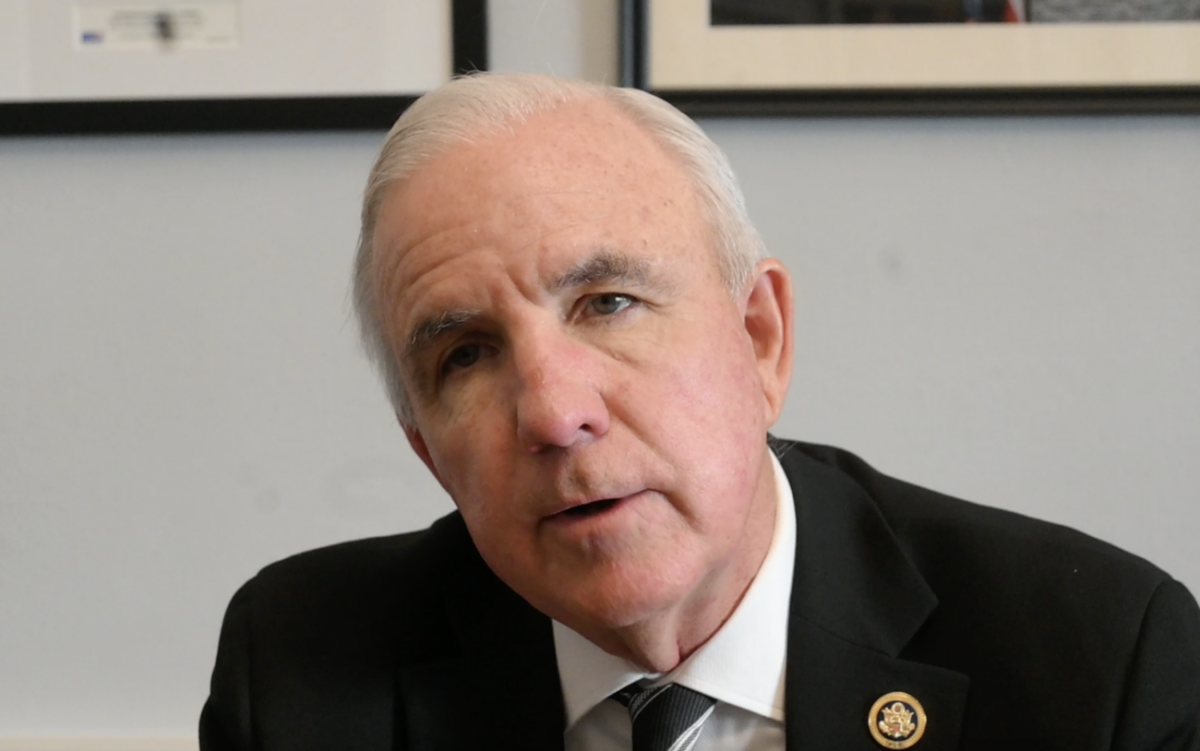Representatives Cory Mills (R-FL) and Maria-Elvira Salazar (R-FL), under the direction of Representative Brian Mast (R-FL), have been selected as subcommittee chairs for their respective subcommittees within the House Foreign Affairs committee.
The slate grants Floridian lawmakers control over nearly one third of the subcommittees of a committee already led by a Floridian lawmaker: Representative Mast.
Representative Salazar will head the subcommittee on Western Hemisphere while Representative Mills will direct the subcommittee on Oversight and Intelligence.
“I’m excited to work with these patriots to make sure every dollar and every diplomat puts America FIRST,” said Mast when presenting the newly selected subcommittee chairs.
Salazar cited her home district of Miami as being inextricably intertwined with the Americas and professed she would use her leadership role to prioritize America’s interests in the region.
“Miami is the gateway to the Americas: what happens in Latin America affects us closely in the US,” said Salazar. “I look forward to joining Representative Brian Mast in putting “America First” in our foreign policy, starting with building strong alliances in the region.”
Salazar, as the Western Hemisphere subcommittee’s vice-chairwoman, has extensively focused on pursuing a peace-through-strength and democracy-prioritizing foreign policy agenda during her time in Congress.
Additionally, Salazar has lobbied for extended US influence in Latin America, arguing that China’s growing influence in the region threatens American interests.
Salazar formerly claimed China’s increased economic ties with LatAm grows the former’s political clout within the region.
Additionally, several LatAm countries have become legally bound to depending on China.
The latest research demonstrates countries such as Venezuela, Ecuador, Argentina, and Jamaica are highly indebted to China.
Venezuela’s Chinese debt, for example, nears 100% of its entire GDP.
Consequently, Salazar has recommended policies such as tailoring the US’ trade policy to “reward countries in the region whose leaders push for change that aligns with our values and not communist China’s.”

